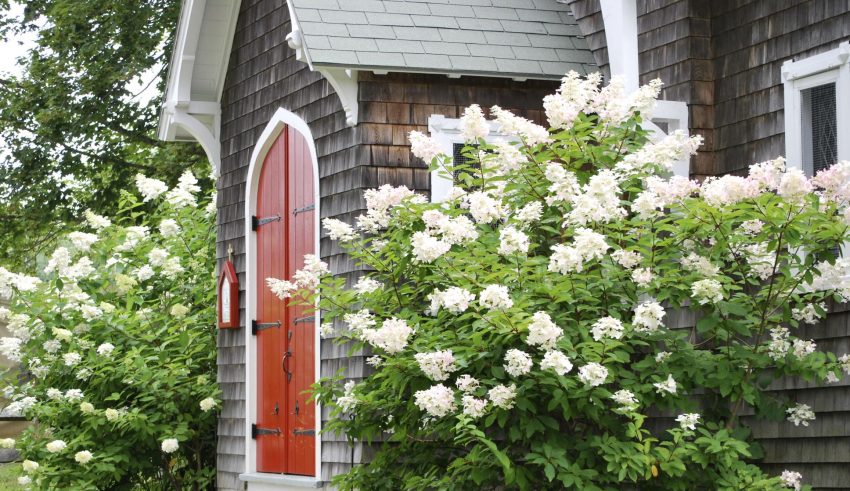
For most senior sage leaders it is a matter of life-enhancement rather than sacrifice. The challenge is to get this point across to those who shy away from civic engagement because they are still holding onto the “myth of sacrifice.” Put another way, “How do you convince baby boomers who just left the workforce and are tired of fighting organizational battles that things can be different in the civic arena? That they can do new things, learn new skills and, yes, fight new battles—but on behalf of much worthier causes? How do you convince these men and women to work for personal gratification and community improvement rather than a paycheck? They must be convinced that they will get a “return on their investment” but they often don’t know ahead of time that the return is physical, mental, and spiritual in nature.
Unless burdened with repressive poverty, illness, or major family responsibilities, many seniors can make important contributions to the community if they think it through and become motivated. For those at the bottom of the social-economic rung, the issue of sacrifice is often reflected in whether they actually can become civically involved in the community; their need to scramble to stay alive and provide shelter, food, and clothing for family members and themselves may simply make significant civic engagements impossible. While one hopes this isn’t true—everyone has gifts they can share—sage leadership may mostly be a privilege of the middle and upper economic classes of American society.
















